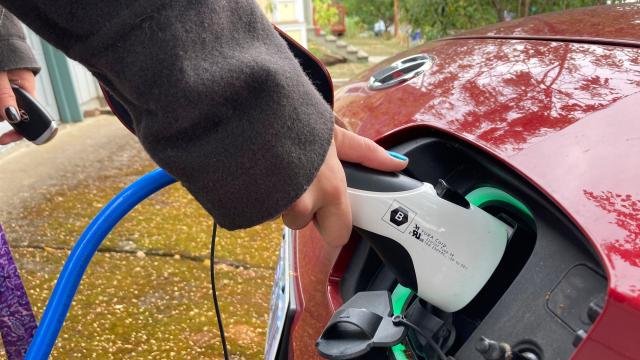While the rollout of new EV models, government mandates, and infrastructure funding may make it seem like the EV adoption ball is rolling, there are sceptics, and they’re in places you might not expect. CNBC reports that auto industry executives aren’t as confident in EV adoption as they were a year ago. And that confidence has been dropping significantly.
An international survey given to 900 auto executives by international consulting firm KPMG found just who is losing confidence in what. Internationally, executives think just 10 to 40 per cent of new vehicle sales will be EVs by 2030. That’s down from 2021, where executives estimated 20 to 70 per cent of sales. In the U.S., executives have a similar outlook.
While the Biden Administration wants 50 per cent of auto sales to be electric by 2030, industry executives are on a slightly different page than they were a year ago. In 2021, executives estimated 65 per cent of sales would be EVs; that’s now dropped to 35 per cent.

One thing executives agreed on globally was who would still be an EV market leader by 2030: Tesla. While the survey showed that some think Tesla’s market share will shrink, they still expect Tesla to lead the EV field. Surprisingly, executives think Apple will be a leader as well, coming in fourth behind BMW.
The concerns of the industry don’t seem to have anything to do with whether or not EV adoption can be achieved. It seems their concerns have more to do with the supply chain and economic issues. These range from recessionary fears to inflation and high-interest rates. Globally, 76 per cent of executives are concerned about interest rates and inflation affecting business growth going into 2023; that rises to 84 per cent for U.S. executives.
